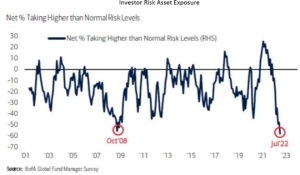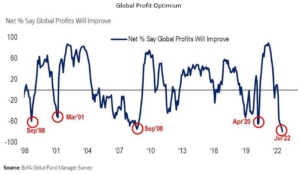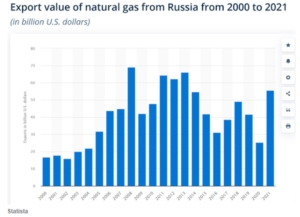Subscribe to Our Weekly Insights
Braintree, MA
45 Braintree Hill Office Park Suite 201
Braintree, MA 02184
(781) 971-5052
Wakefield, MA
701 Edgewater Drive
Suite 140
Wakefield, MA 01880
(781) 587-3478
Park Ridge, NJ
1 Maynard Drive
Suite 2101
Park Ridge, NJ 07656
(551) 277-2686
Newport, RI
51 Long Wharf Mall
Newport, RI 02840
(401) 847-0505
Check the background of your financial professional on FINRA’s BrokerCheck.
The content is developed from sources believed to be providing accurate information. The information in this material is not intended as tax or legal advice. Please consult legal or tax professionals for specific information regarding your individual situation. Opinions expressed and material provided are for general information, and should not be considered a solicitation for the purchase or sale of any security.
Pallas Capital ADVISORS is a registered investment advisor. Advisory services are only offered to clients or prospective clients where Pallas Capital Advisors and its representatives are properly licensed or exempt from licensure. This website is solely for information purposes. Past performance is no guarantee of future returns. Investing involves risk and possible loss of principal capital. No advice may be rendered by Pallas Capital Advisors unless a client service agreement is in place.
Advisory services are only offered to clients or prospective clients where Pallas Capital Advisors and its representatives are properly licensed or exempt from licensure. This website is solely for informational purposes. Past performance is no guarantee of future returns. Investing involves risk and possible loss of principal capital. No advice may be rendered by Pallas Capital Advisors unless a client service agreement is in place.
The content is developed from sources believed to be providing accurate information. The information in this material is not intended as tax or legal advice. Please consult legal or tax professionals for specific information regarding your individual situation. The opinions expressed and material provided are for general information, and should not be considered a solicitation for the purchase or sale of any security.
We take protecting your data and privacy very seriously. As of January 1, 2020 the California Consumer Privacy Act (CCPA) suggests the following link as an extra measure to safeguard your data: Do not sell my personal information.




 For Europe, it is expected that efforts to source natural gas will turn away from Russia longer-term, with more gas linked to Europe from places such as North Africa and by building or expanding more liquified natural gas (LNG) terminals to receive gas from further afield such as the U.S.
For Europe, it is expected that efforts to source natural gas will turn away from Russia longer-term, with more gas linked to Europe from places such as North Africa and by building or expanding more liquified natural gas (LNG) terminals to receive gas from further afield such as the U.S.
